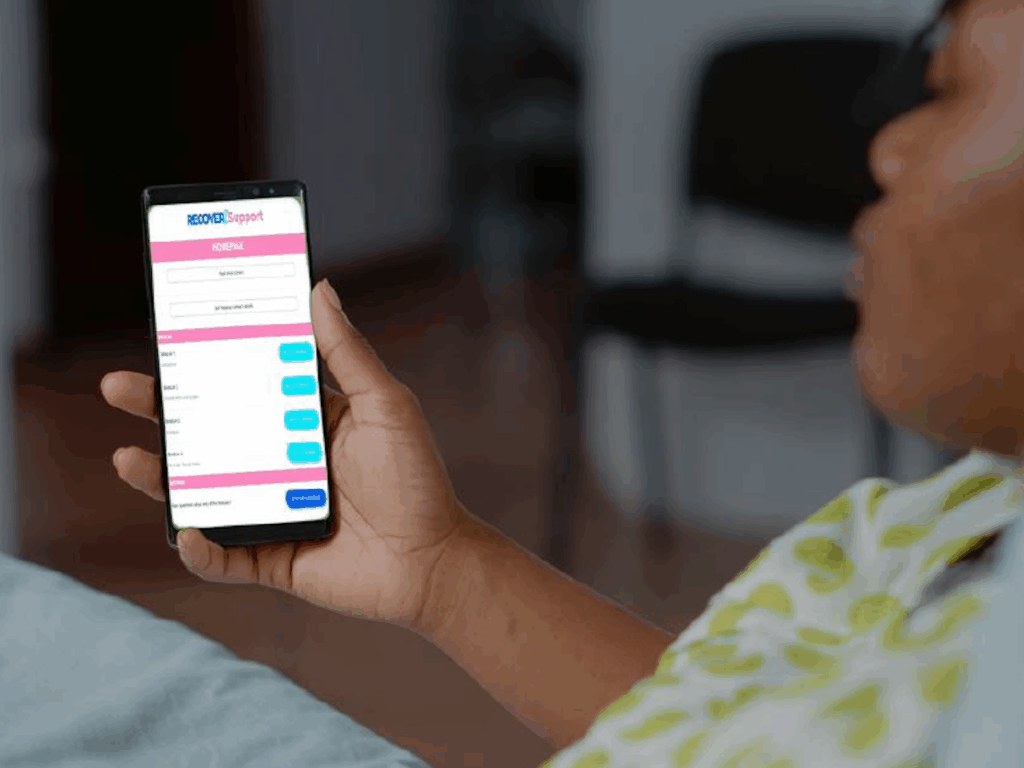
The Enhanced Recovery After Surgery (ERAS) guidelines, initially developed for colorectal surgery, have been adapted for over 30 different types of surgery, including breast cancer surgery. These guidelines aim to standardize and enhance perioperative patient care through evidence-based recommendations. However, the increasing demands on healthcare systems have strained the capacity to support patients in implementing these recommendations effectively.
Enter RecoverEsupport, a digital health intervention designed to support patients undergoing breast cancer surgery. This web-based program aims to enhance surgical recovery by encouraging adherence to patient-managed ERAS recommendations. A recent qualitative study explored the acceptability of this intervention among patients, revealing significant insights into its potential benefits and challenges.
Understanding ERAS and Its Challenges
ERAS guidelines focus on both preoperative and postoperative behaviors, such as smoking cessation, early mobilization, and minimizing opioid use. When patients adhere to these recommendations, they often experience improved postoperative outcomes. For instance, a study by Ceresoli et al. highlighted that patients who did not follow early feeding, drinking, and mobilization behaviors faced a 70% higher rate of postoperative complications compared to those who adhered to the guidelines.
Despite their effectiveness, many patients do not receive adequate information and support to implement these recommendations. A systematic review in 2023 found that patients often received generic educational materials that did not address their individual needs, leading to insufficient guidance and emotional support during recovery.
The Role of Digital Health Interventions
Digital health interventions (DHIs) offer a promising solution to these challenges by providing convenient, personalized, and cost-effective support to patients. As of 2024, over 1.3 billion people worldwide use digital health technologies, including mobile apps and telemedicine, to enhance their healthcare experiences.
Studies indicate that higher engagement with DHIs leads to better health outcomes, such as increased treatment adherence and improved quality of life. However, barriers like difficulty navigating technology and lack of personalized content can limit their effectiveness. Therefore, end-user acceptability testing is crucial to ensure that DHIs meet the needs and preferences of patients.
RecoverEsupport: A Case Study
RecoverEsupport is designed to complement existing care pathways by providing additional support throughout the perioperative period. The intervention includes evidence-based behavior change techniques delivered through text-based information, clinician videos, quizzes, and SMS messaging. It encourages patients to engage in behaviors like early mobilization and emotional self-care.
The recent study involved 11 women who had undergone breast cancer surgery at a tertiary hospital in New South Wales, Australia. Participants were recruited through medical records and invited to trial the RecoverEsupport program. Their feedback highlighted several key themes, including the intervention’s potential to reduce anxiety, fill gaps in care pathways, and empower patients.
Reducing Anxiety and Uncertainty
Many participants expressed feelings of anxiety and uncertainty during their treatment and recovery. The RecoverEsupport intervention was perceived as a valuable tool for reducing these feelings by providing clear information about the surgical process and what to expect during recovery.
“Anyone who’s diagnosed for the first time and is feeling very afraid and fragile, I think it [the RecoverEsupport program] would be good,” one participant noted.
Addressing Gaps in Care Pathways
Participants reported variability in access to physiotherapy and other support services during their hospital stay. RecoverEsupport was seen as a valuable addition to existing resources, particularly in providing guidance on postoperative exercises and rehabilitation.
“I think a bit of a visual cue [intervention strategy] is probably going to enforce or reinforce people to do their exercises,” a participant observed.
Empowering Patients
The intervention was also perceived to empower patients by providing reliable information and support, enhancing their confidence in managing their recovery. Participants appreciated the program’s ability to reinforce clinician messaging and promote shared decision-making.
“I feel as though it [RecoverEsupport] gives you a bit of confidence when you are lacking a lot of confidence,” a participant shared.
Implications and Future Directions
The study suggests that RecoverEsupport is not only acceptable to patients but also addresses key needs throughout the surgical journey. By complementing clinical care and bridging gaps in support, digital interventions like RecoverEsupport have the potential to enhance recovery experiences and empower patients to take a more active role in their recovery.
As healthcare systems face increasing demands, integrating DHIs into standard perioperative pathways may represent a critical step toward more responsive, personalized, and sustainable models of surgical care. Future research should explore tailored strategies to ensure equitable access and engagement with digital health interventions across diverse patient populations.
In conclusion, RecoverEsupport demonstrates the potential for digital health interventions to transform patient experiences and outcomes in breast cancer surgery. By addressing key challenges and empowering patients, such interventions can play a vital role in the future of patient-centered care.





